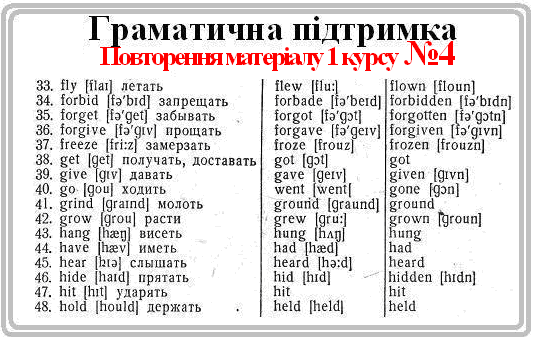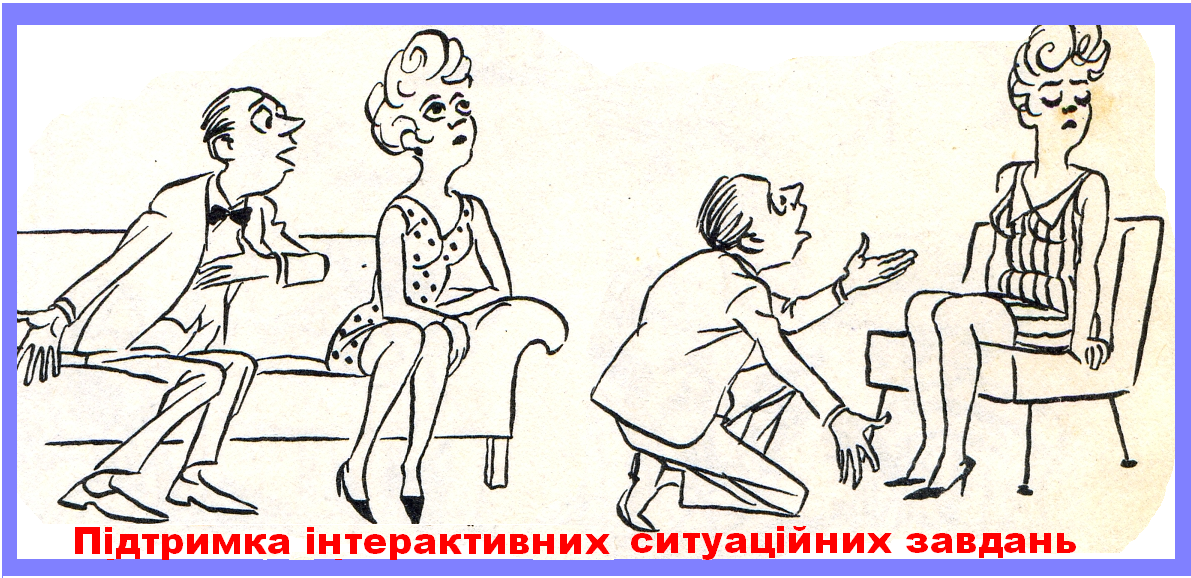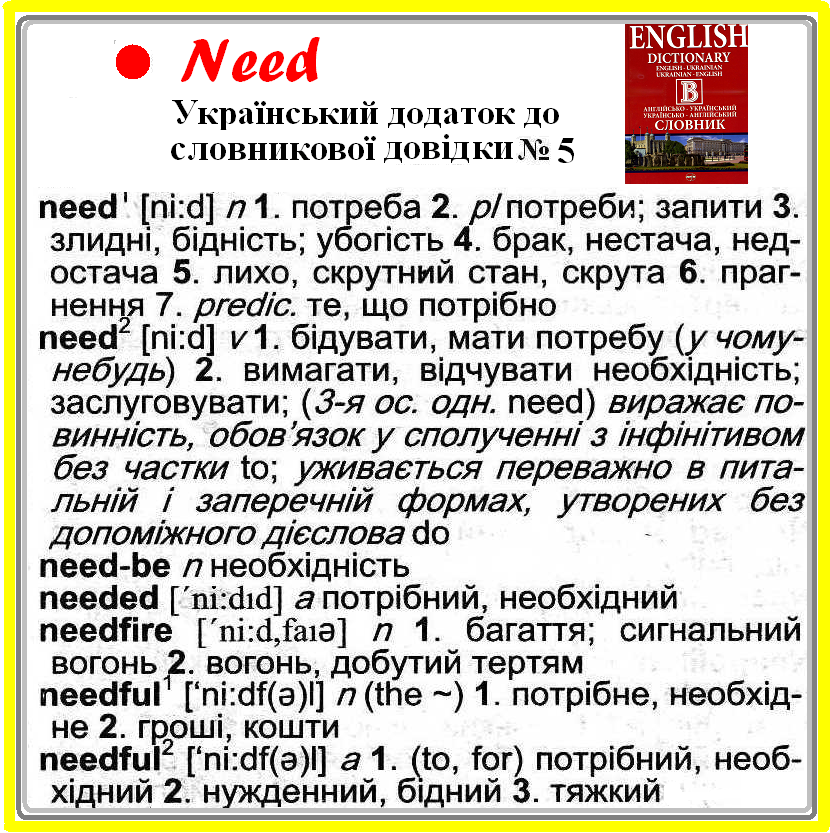
- •6.030508 «Фінанси і кредит», 6.030504 «Економіка підприємства»,
- •6.030505 «Управління персоналом та економіка праці».
- •Ббк 81.2 Англ
- •Тема 1-2 (37-38 з 1 курсу )
- •Spelling Test
- •Adam Smith
- •Тема 3-4 (39-40 з 1 курсу )
- •Spelling Test
- •Karl Marx
- •Тема 5-6 (41-42 з 1 курсу)
- •Spelling Test
- •John Maynard Keynes
- •Spelling Test
- •Тема 9-10( 45-46 з 1 курсу)
- •Spelling Test
- •Тема 11-12 ( 47-48 з 1 курсу)
- •Spelling Test
- •Dressing for a job interview and coming for the appointment correctly
- •Тема 13-14 ( 49-50 з 1 курсу)
- •Spelling Test
- •Thank-you notes after the interview and at work
- •Тема 15-16 (51-52 з 1 курсу)
- •Тема 17-18 (53-54 з 1 курсу)
- •Ббк 81.2 Англ
Spelling Test
(Для диктанту ТЕКСТ №4 «Дж. Кеннеді» скорочено до одної третини від загального обсягу та спрощено до самих основних чи цікавих подій; цю навчальну роботу можна виконувати декількома частинами)
The Kennedys (part 2)
U.S. President John F. Kennedy was 35th president of the United States (1961-63). He faced a number of foreign crises, especially in Cuba and Berlin, but managed to secure such achievements as the Nuclear Test-Ban Treaty and the Alliance for Progress. He was assassinated while riding in a motorcade in Dallas.
The second of nine children, Kennedy was reared in a family that demanded intense physical and intellectual competition among the siblings. The family’s touch football games at home became legendary. John was schooled in the religious teachings of the Roman Catholic church and the political precepts of the Democratic Party. From his father, he had acquired a guaranteed lifelong financial independence. With the experience in finance, Joseph Kennedy became the U.S., and For six months in 1938 John served as secretary to his father, the US ambassador to Great Britain, He gained experience and wrote his later best-selling book, Why England Slept (1940).
In 1941, Kennedy joined the U.S. Navy, soon had barely escaped death in battle. Commanding a patrol torpedo (PT) boat, he was gravely injured. Marooned far behind enemy lines, he led his men back to safety and was awarded the U.S. Medal for heroism. His injury to his back steadily bothered him. Despite operations in 1944, 1954, and 1955, he was in pain for much of the rest of his life.
Kennedy did not disappoint his family; in fact, he never lost an election. Although still physically weak from his war injuries, he campaigned aggressively. Soon, this charismatic young New Englander by TV came into some 40 million American homes. Overnight he had become one of the best-known political figures in the country: his campaign for the 1960 nomination had begun. One newspaperman called him a “young man in a hurry.” Kennedy felt that he had to redouble his efforts because of the widespread conviction that no Roman Catholic candidate could be elected president.
The Kennedys carefully calculated pursuit of the presidency. To transport the future president and his staff around the country, his father bought a 40-passenger aircraft. His brothers, both Harvard graduates pitched in. Both men were astute campaigners.
The phrase “the Kennedy style” − encapsulated the candidate’s emerging identity. It was glamorous and elitist, an amálgam of his father’s wealth, John Kennedy’s charisma and easy wit, Jacqueline Kennedy’s beauty and fashion sense, the charm of their children and relatives, and the erudition of the Harvard advisers who surrounded him – all were called the “best and brightest”.
Kennedy, whose slogan had been “Let’s get this country moving again,” had deplored unemployment, the sluggish economy, the so-called missile gap (a presumed Soviet superiority over the United States in the number of nuclear-armed missiles), and the new communist government in Havana. He participated in four televised debates with his opponent Nixon. Both men showed a firm grasp of the issues, but Kennedy’s poise in front of the camera, his tony Harvard accent, and his good looks (in contrast to Nixon’s “five o’clock shadow) convinced many viewers that he had won the debate.
He was the youngest man ever elected to the presidency of the United States. He called upon Americans “to bear the burden of a long twilight struggle…against the common enemies of man: tyranny, poverty, disease, and war itself.” He declared: My fellow Americans: ask not what your country can do for you − ask what you can do for your country.
To present a show of national unity, the president decided to tour the state with the men with whom he wanted to cooperate. On Friday, November 22, 1963, he and Jacqueline Kennedy were in an open limousine riding slowly in a motorcade through downtown Dallas. At 12:30 PM the president was struck by two rifle bullets, one at the base of his neck and one in the head. Kennedy’s assassination, the most notorious political murder of the 20th century, remains a source of bafflement, controversy, and speculation.[W: 654; S:3351]



Кінцевий результат аудиторного початкового опрацювання ТЕКСТУ №4 «Родина Кеннеді»: Текст має бути прослуханий, прочитаний та перекладений. У випадку слабкого початкового рівня, практикується лише частина тексту за рішенням викладача. Остаточно, у повному або частковому тексті не має залишитися жодного граматичного явища, яке студенти не можуть зрозуміти: адже для цього, на індуктивний манер, викладач пояснював, як розуміти граматичні випадки у тексті і звертав увагу на зовнішні прикмети цих форм.
Кінцевий результат поглибленого опрацювання ТЕКСТУ №4 можна очікувати позитивним, якщо текст прослуханий, прочитаний, перекладений, частково прописаний та обговорений. Пояснення індуктивної граматики від граматичного випадку у тексті до його розуміння підтримало відчуття смислу тексту, об’єднало і закріпило у пам’яті мовні одиниці. Дедуктивна граматика шкільної програми Infinitive: повторюється і порівнюється на практичний манер за семантичною прикметою . “Відверте бажання діяти ”1. want to do /be doing /have done; 2.wish to do /be doing /have done; 3. strive to do /be doing /have done;4. desire to do /be doing /have don 5. need to do /be doing /have done.
Домашнє завдання: Відпрацювати читання ТЕКСТУ №4, навчитися писати нові слова, зробивши їх список у зошитах, вміти перекладати текст красивою рідною мовою; приготувати питання до викладача про те, що не зрозуміли. Виконання вправ можна задати із підручника Murphy R. English Grammar in Use. Cambridge: Cаmbridge University Press, 1988. на cтор. 111.
Домашнє завдання може орієнтуватися на ресурси із вправ у підручнику Murphy R. English Grammar in Use. Cambridge: Cаmbridge University Press, 1988. на cтор. 111-112. Студентам корисно практикуватися у самостійному монологічному висловлюванні за темою і не страшитися виступати, оскільки у разі слабкої підготовки вони можуть спираються на підтримку викладача, який підказує на манер «ми з тобою однієї думки із цієї теми».

Cеместр 3.Організаційний модуль 5
